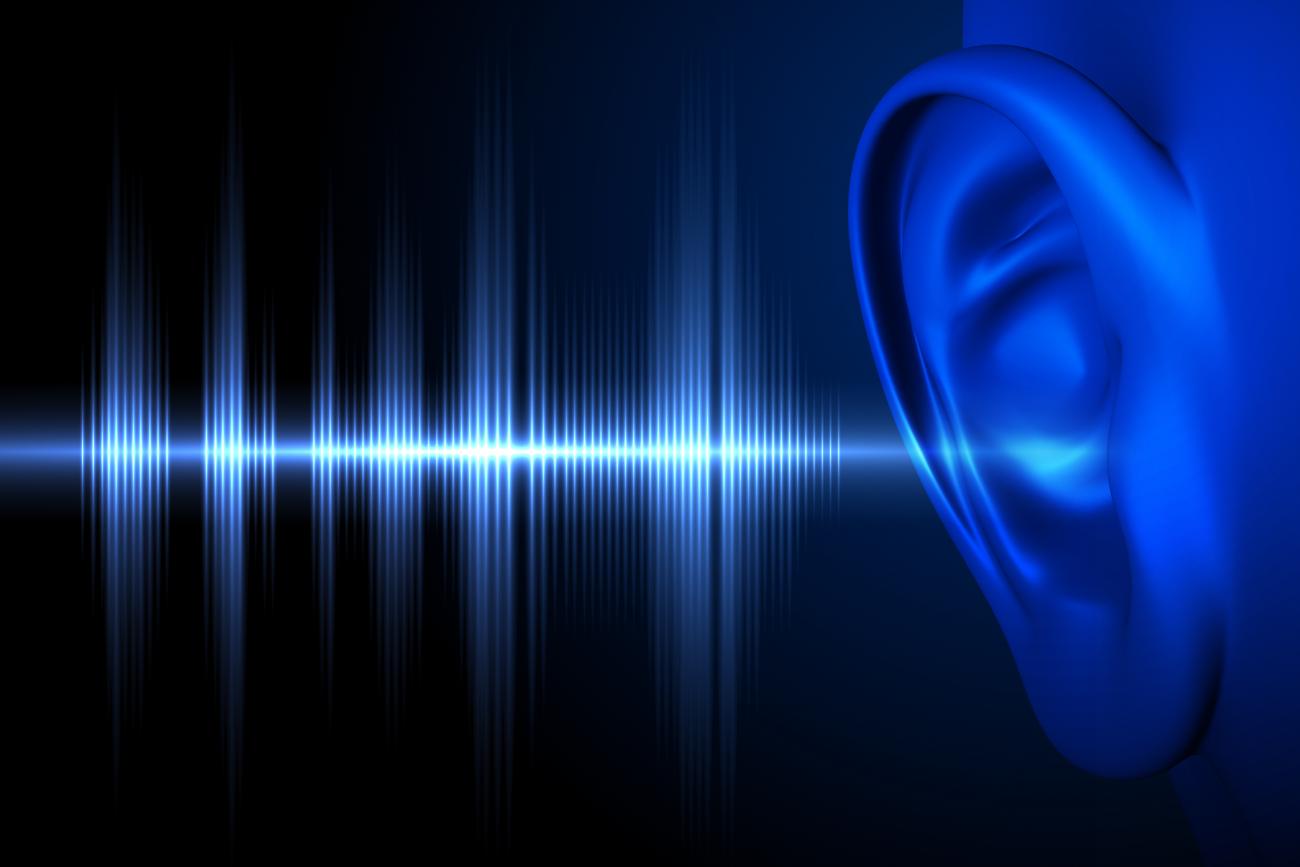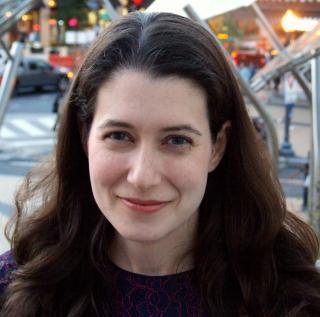A common complaint among older adults is that understanding speech is effortful, particularly for individuals with hearing loss. Compared to younger adults, the extra effort that older adults devote to speech processing can hinder their ability to engage in other social, cognitive, and physical tasks, thus reducing their quality of life. My work aims to develop objective measures of effort in order to improve our ability to assess its impact on speech perception and to develop effective interventions. To investigate how effort varies across different listening conditions and individuals, I use behavioral, neuroimaging, eye tracking, and pupillometry methods in studies of younger and older adults.



